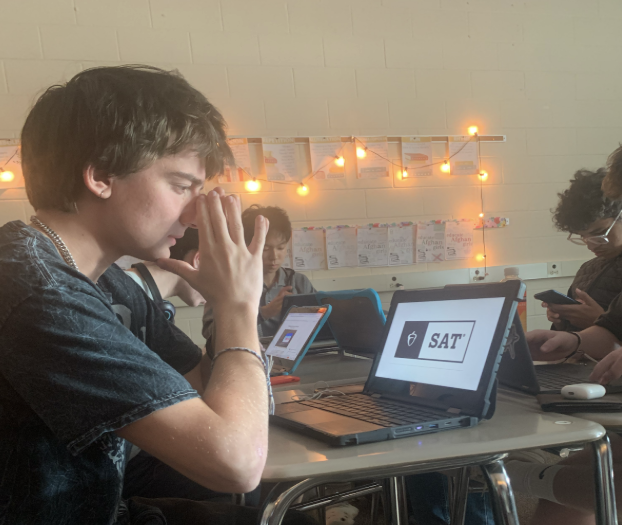A quick review of the job listings in virtually any profession will show that most employers are looking for applicants with experience. This is likely why the vast majority of college students have at least one internship as part of their college educational experience. However, all internships are not created equal. Some companies offer their interns fair compensation for their time while others expect interns to work for free. Using students for free labor is an unfair practice, and all internships should be paid.
It’s no secret that the cost of attending college in the United States is Incredibly expensive. According to the Chamber of Commerce, the total student debt in the United States currently stands at the massive figure of $1.75 trillion in the United States. Many people cannot afford the price and end up funding their education at least partially by incurring debt that will take decades to repay.
Experience is a value synonymous with the workforce, which is why paid internships thrive. They give back to the students financially while allowing them to start their career. On the other hand, unpaid internships put financial strain on students. They keep students busy and limit the money being made, which is always a negative for college students who are stripped for money.

Paid internships provide more equal opportunities to students from all socioeconomic backgrounds while unpaid internships only work well for wealthier students who can afford to live while working for free. Unpaid internships make it much more difficult for students from lower-income households to raise themselves out of poverty through education. Asking students to work for free takes away money which could be used to cover living expenses such as utilities, food, transportation, and tuition.
In addition to being unfair, unpaid internships are simply illogical. Every internship includes a job description that lists the expectations that come with the role. Expectations should come with compensation. It is natural that student employees who are being paid will feel more inclined to produce quality work. The idea of not paying interns seems sort of anti-capitalist along these lines.
Capitalism is founded on the belief that monetary compensation is both a motivator and the glue to an economy. Capitalists believe that monetary compensation leads to better work quality and an even compensation. Removing the incentive to work lowers the motivation to be in the workforce, and therefore decreases the motivation to learn in these spaces. While these students struggle, Corporations reap all the benefits of free employment.
Internship programs offer major benefits for corporations. Companies have an opportunity to try out the student employees in a real-life work environment before making the decision to hire them full-time after graduation. Of course, the companies should pay for this advantage and not expect students to work for free.
Some people in the workforce argue that the experiences gained during the internship are a form of payment in itself. They insist that while there isn’t much pay, being in the workforce is a privilege in of itself. However, along with learning how to do a job, students should also be taught to be considered fairly and without being exploited or left out.
Unpaid internships automatically limit the hiring pool to include only those candidates who can afford to work for free. Generally, that would mean that highly talented and motivated lower-income students would not be available to fill these positions, and companies would miss out on the opportunity to hire them.
Interns are often looked down upon in an office setting, seen as just errand boys, and if they are not paid then it only encourages this idea. There is not much to learn when interns are too busy getting everyone’s coffee order or replacing the paper in the printer.
If the goal is to keep people of lower income from improving their economic status, then unpaid internships make a lot of sense. But otherwise, the only logical conclusion is that all internships should be paid, to create equal opportunities and ensure that jobs go to the best candidates instead of the wealthiest.
















































































